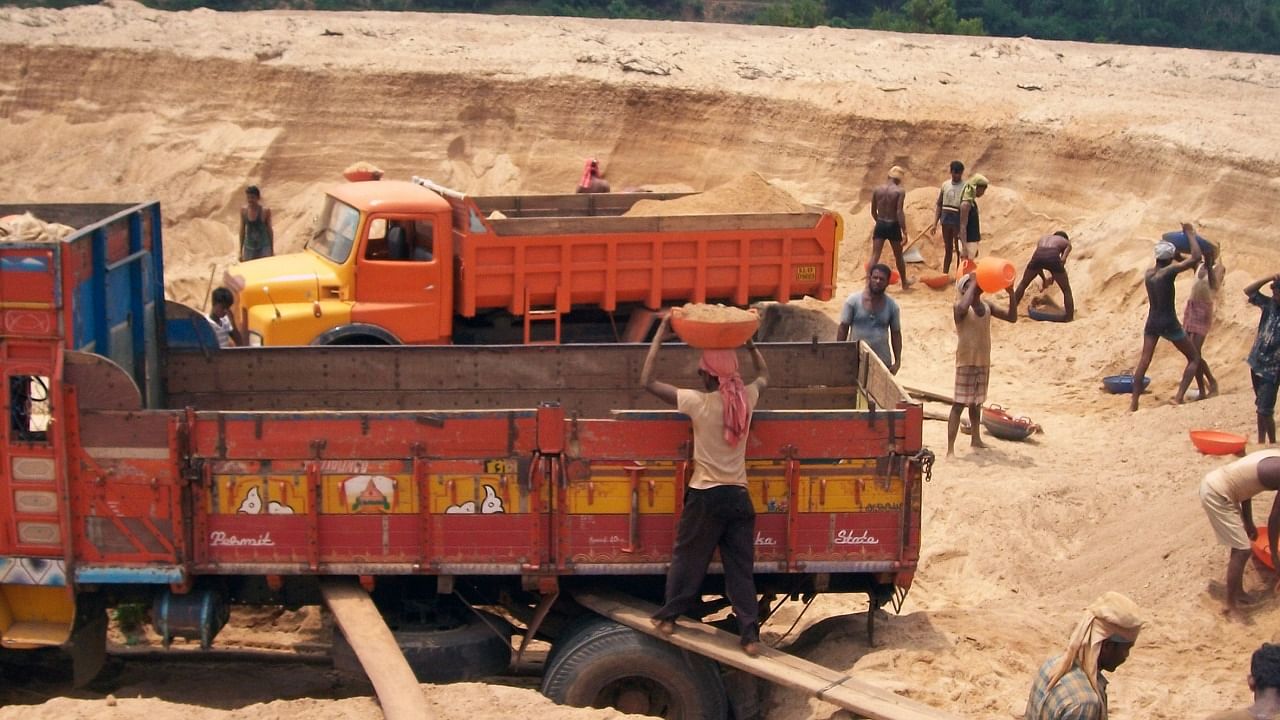
A new policy approved by the Karnataka government promises to reduce the soaring prices of sand, on the one hand, and address the acute shortage of supply on the other, offering some respite to the construction sector and to those planning to build or buy homes. The new policy aims to ensure that a truck load of sand costs no more than Rs 10,000-12,000, down from the current Rs 30,000-40,000, exorbitant rates due both to supply shortage and unregulated pricing. Of the royalty earned by the state government, 25% will go to the gram panchayat from where sand is extracted and 25% to the panchayat through which it is transported. This will provide some financial support to cash-strapped panchayats. The government says it has conducted environmental impact assessment before approving the policy and the rules, which are yet to be announced, will identify sand reserves and the quantity that can be extracted, in order to prevent reckless mining. Government-approved projects and rural housing schemes will receive sand at a concessional rate. All mining activity will have to be approved by a district-level committee. While this is all welcome, the government should first deal a decisive blow to the sand mafia, which has become even more notorious than the infamous iron ore mining clique.
The then Siddaramaiah government, too, had announced a policy in 2014, but far from curbing illegal mining, a mafia comprising politicians, police officers and bureaucrats was given a free run while the district committees headed by deputy commissioners looked the other way. The clout exercised by this lobby was in full evidence when the Mularpatna Bridge in Dakshina Kannada collapsed in June 2018 as the district administration took no action even after locals complained about illegal extraction of sand around it, which weakened the structure. In another instance, a lady deputy commissioner who tried to stop illegal mining in Udupi was attacked by goons. In Mandya, a DySP had a narrow escape when a sand-laden lorry rammed into her jeep in an alleged attempt on her life. Many such incidents of assault have gone unreported. No policy will work if this mafia continues to be in business.
Also Read | Karnataka promises cheaper sand under new policy
Importantly, a mining policy that looks at sand only from a construction sector perspective will serve little purpose, and will indeed prove harmful in the long run. Considerations of the environmental impact, especially in the light of climate change, must be front and centre. While the industry largely shifted to ‘M’ (manufactured) sand some years ago, this led to another problem -- uncontrolled stone-quarrying. The state needs a holistic policy on sand, and the government must show the political will to deal with both the mafia as well as environmental impact issues.